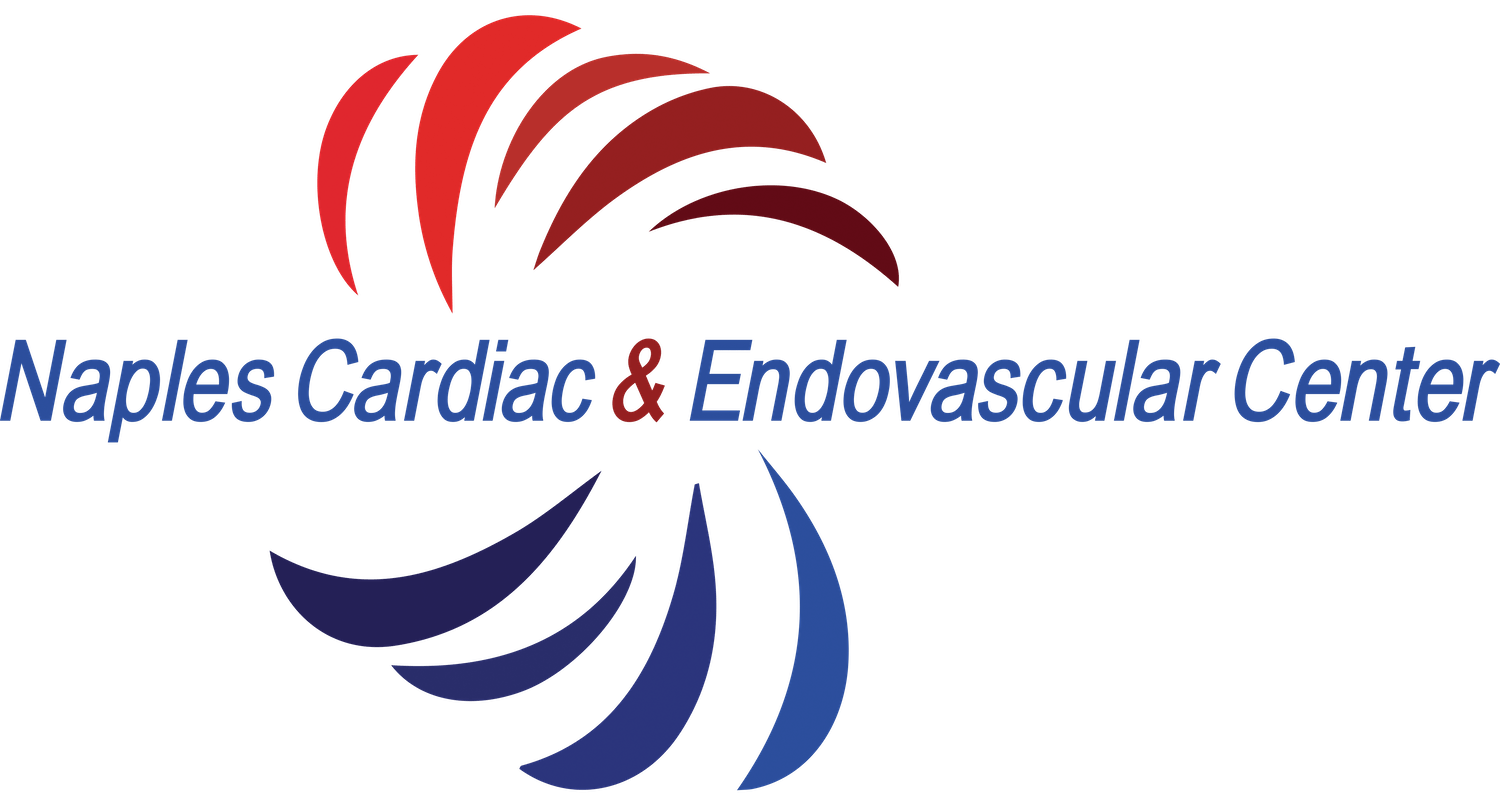What is cardiac MRI?
A cardiac MRI is a non-invasive test that uses a powerful magnetic field, radio waves, and a computer to produce detailed pictures of the structures within and around the heart. Cardiac MRI can provide information about the size and location of the heart chambers, as well as the thickness of the heart walls. Cardiac MRI can also show how well the heart is pumping and detect abnormalities in the heart valves, cardiac muscle, and blood vessels.
Dr. Labovitz explains what cardiac MRI is, how it works, and why it's important for diagnosing heart disease.
Why is it done?
A cardiac MRI is done to:
assess the size and location of the heart chambers
evaluate the thickness of the heart walls
determine how well the heart is pumping
detect abnormalities in the heart valves, cardiac muscle, or blood vessels
What can you expect during the test?
You will lie on a table that slides into the MRI machine. The machine is large and open on both ends. You will be given earplugs or headphones to wear during the test, as the machine makes loud thumping and humming noises.
The test usually takes 30-60 minutes but may take longer if additional images are needed.
How to prepare for a cardiac MRI?
There is no specific preparation for an MRI. The only thing you will need to do is stay still.
You may be asked to wear a hospital gown during the test. You will need to remove all jewelry, eyeglasses, dentures, and hearing aids before the test.
You may be asked to stop taking certain medications before the test.
If you are experiencing any heart problems, please call us at Naples Cardiac and Endovascular Center to schedule a cardiac MRI. Our experienced staff will be happy to answer any questions you may have.
To request an appointment click below or call (239) 300–0586


